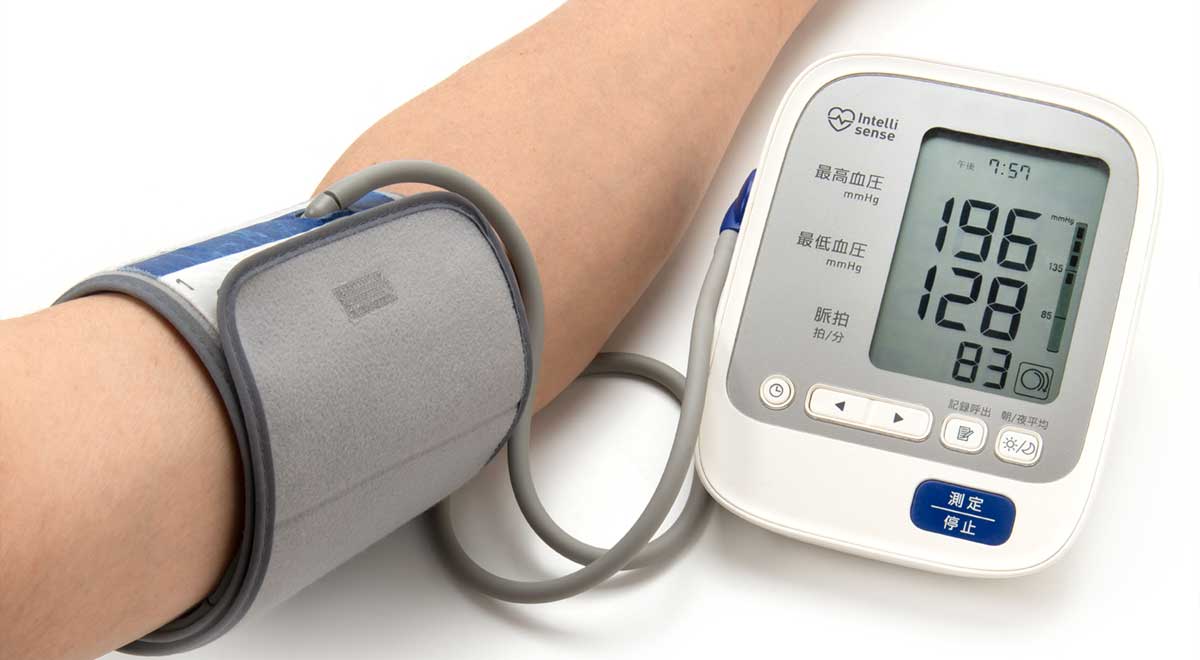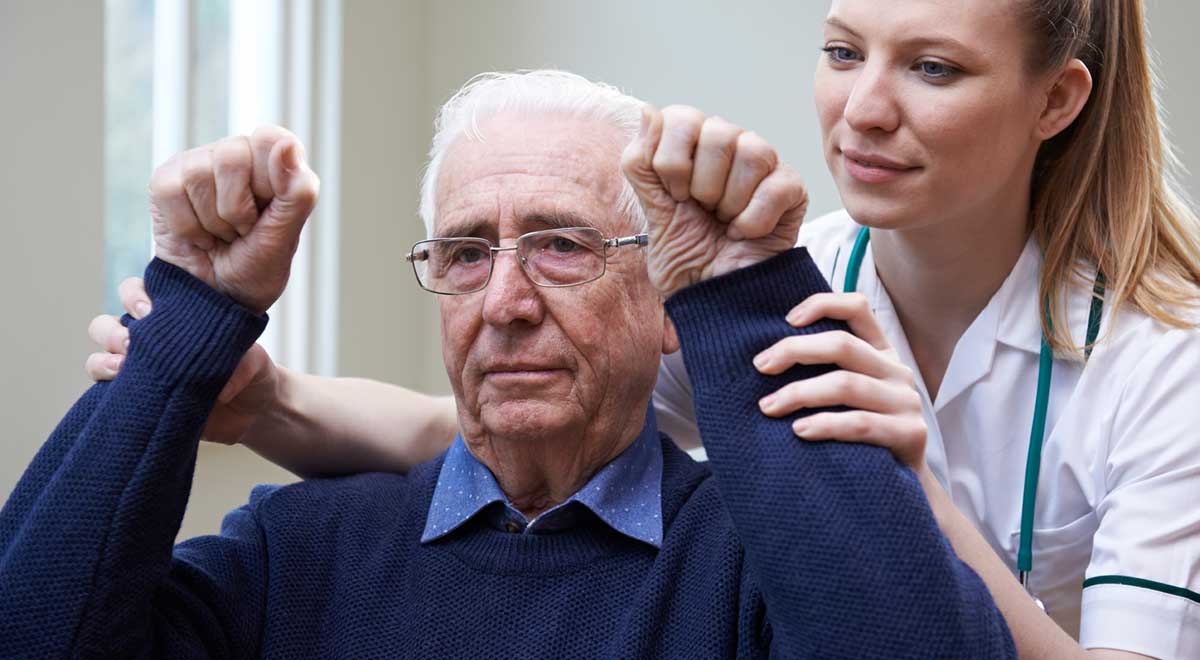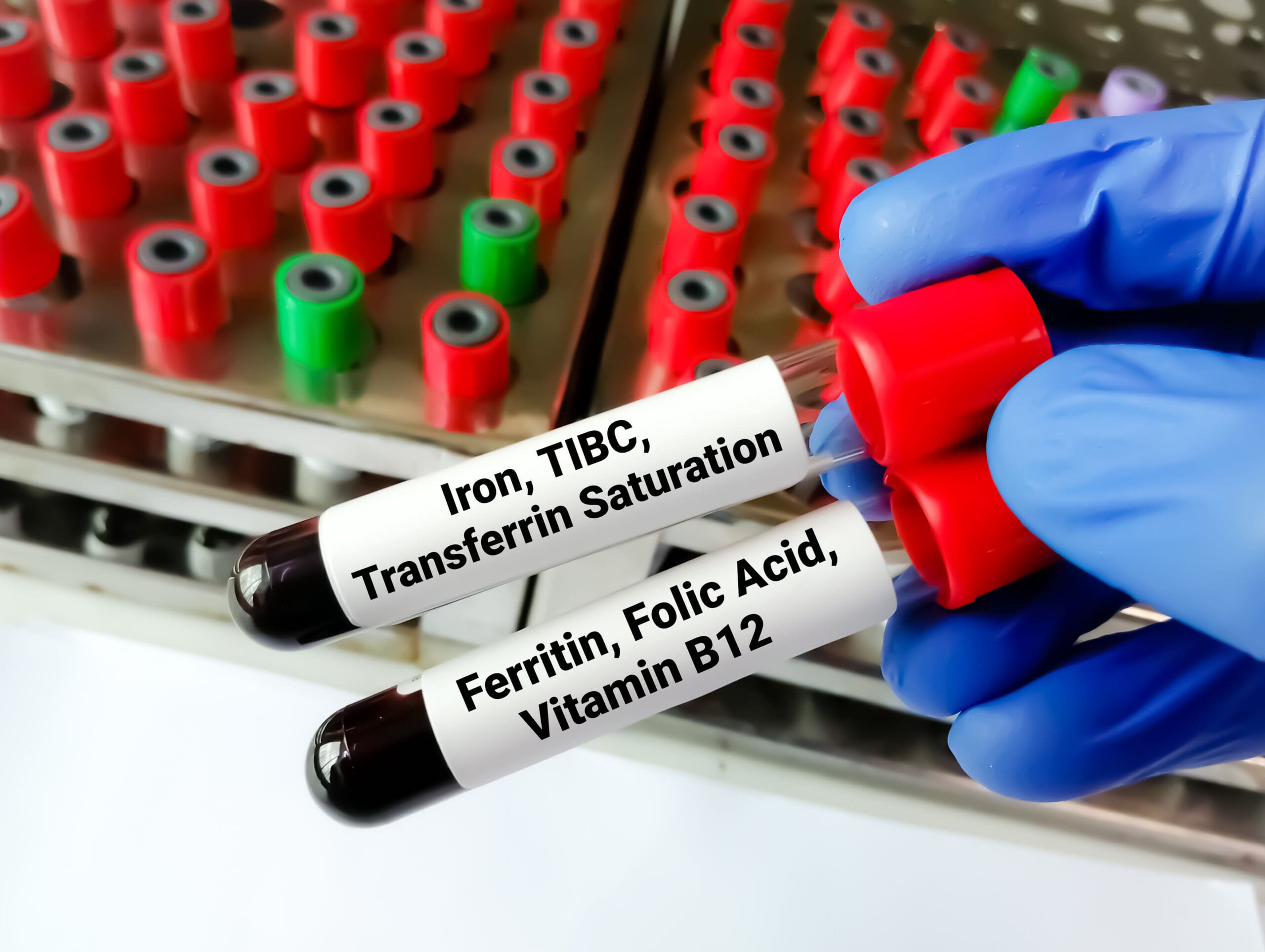If you have a fatty liver, your brain is at risk
By naturopath Margaret Jasinska
Many people don’t take fatty liver seriously enough, including most doctors! This is sad because having a fatty liver places a person at high risk of potentially fatal health problems. Research shows that people with a fatty liver are at significantly higher risk of having a stroke.
If you know you’ve got a fatty liver, it’s time to do something about it. Research done in Canada has found that patients admitted to hospital with suspected stroke were three times more likely to have elevated liver enzymes caused by fatty liver. The doctors suggest that elevated liver enzymes and fatty liver disease be included in the list of known risk factors for stroke.


Other stroke risk factors
Other stroke risk factors include:
- high blood pressure
- obesity
- cigarette smoking
- type 2 diabetes
- high triglycerides
This “news” is not really news at all because we know that if a person has excess fat accumulated inside their liver, they also have excess fat in other parts of their body. Fatty liver is an indicator that excessive levels of harmful fat are accumulating inside your body, choking your organs and tissues and compromising their function. People with excess fat in their liver usually also have excess fat in their pancreas (fatty pancreas) and excess fat within arteries that travel to the heart and brain. Excess fat also accumulates around the heart, compromising its ability to pump blood.
Fatty liver is the most common liver disease in the world; it affects at least one in five people in the Western world. The problem is, the majority of people with a fatty liver are not concerned by it and not motivated to do anything about it. This is because fatty liver often produces no symptoms at all, or the symptoms are very mild. People with a fatty liver are usually overweight in their abdominal area, they may be tired and bloated and feel intolerant of the heat. Women with a fatty liver often suffer debilitating hot flushes at menopause but put the symptom down to a lack of hormones and take HRT (Hormone Replacement Therapy). This usually fixes the hot flushes but may raise the risk of breast, endometrial and ovarian cancer. It is much healthier to just address the cause of the problem: a fatty liver.
If people become more aware that a fatty liver is a major risk factor for strokes, heart attacks and diabetes, hopefully they will be more motivated to try and reverse it. The good news is fatty liver is reversible in the vast majority of cases; you just have to know which eating plan is best. The book Fatty Liver: You Can Reverse It contains a comprehensive plan to help you achieve just that.
Conventional or orthodox medicine has no specific therapy or drug treatment to reverse a fatty liver. Indeed, several drugs such as cholesterol lowering drugs and pain killers can make a fatty liver worse. There is much that can be done through diet and lifestyle to reverse a fatty liver although this process usually takes between six to 12 months. Sugar and carbohydrate rich foods such as bread, pasta, cakes, cookies, doughnuts, muffins, refined and processed cereals and packaged snack foods such as pretzels, chips and crackers must be minimized in the diet or eliminated altogether.
The diet needs to be based on plenty of vegetables along with protein such as seafood, poultry, eggs and red meat, or whey protein powder. Fruit, nuts, seeds, legumes and healthy fats can also be included in the diet.
It can be extremely difficult to start a new healthy eating regime. The 15-Day Cleanse is a program designed to improve the health and function of your liver, gut and immune system. It comes with an easy to follow, delicious eating plan. You can start feeling better and losing weight while improving your liver health.









Leave A Comment